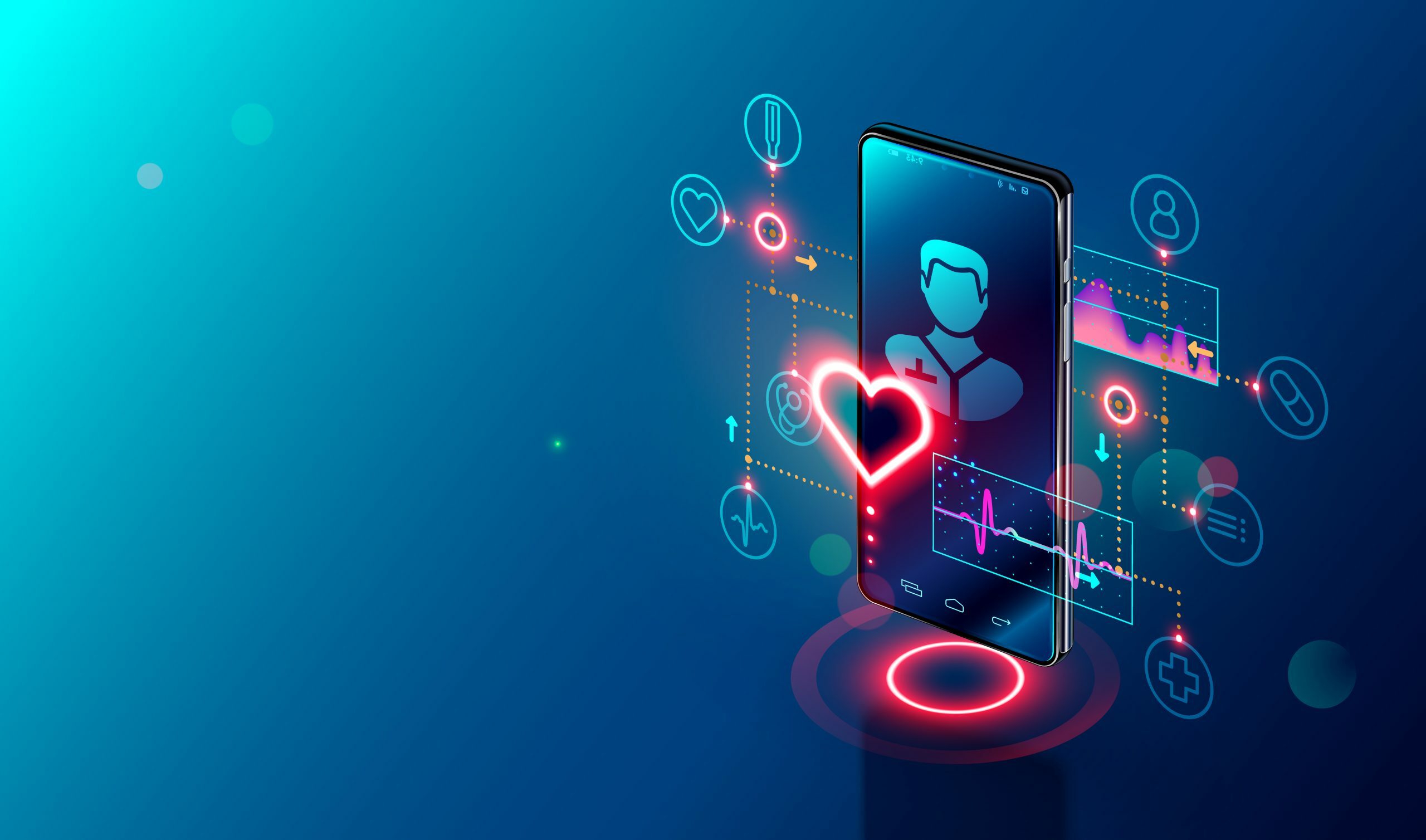Artificial Intelligence for Global Health
Artificial intelligence for drug discovery: An international partnership for public health

Objectives
It aims to provide government public health agencies with a common mechanism to rapidly develop appropriate drugs and deploy them effectively on a global scale. This will be done by leveraging the many benefits of artificial intelligence, science and open data practices.
Antimicrobial resistance or tropical diseases are important public health issues. However, these are not prioritised by the pharmaceutical industry’s research and development (R&D) investments, as they are not very lucrative.
This issue represents a major challenge for which international and innovative collaboration is essential. To address this challenge, collaboration must bring together players from each step of the R&D process for new drugs.
Experts on the GPAI Working Group on Responsible AI identified challenges and opportunities conducive to using responsible AI to accelerate drug discovery. The initiative therefore brings governments together to develop new incentive and funding structures, as well as data sharing frameworks that enable a cultural and capacity shift toward more open data use among academic and industry stakeholders.
The impact of this project will be through the creation of an international non-profit partnership to manage an actionable, rapid, and cost-effective drug discovery pipeline, leveraging AI and promoting open data and open science practices.
This partnership will have the capacity to produce new drugs quickly, and at low cost to fight neglected diseases around the world. Ultimately, it will equip public health to effectively manage neglected and emerging diseases for the benefit of all.
Team
Arnaud Quenneville-Langis
Project Manager
Stephanie King
Director of AI Initiatives
Alice H. Oh
Project co-lead
Yoshua Bengio
Project co-lead
Collaborators
Allison Cohen
Elliot Layne
Invited Specialists
Anurag Agrawal
Alan Aspuru-Guzik
Regina Barzilay
Joanna Bryson
Carlo Casonato
Raja Chatila
Enrico Coiera
Payel Das
Marc-Antoine de La Vega
Aled Edwards
Marc-André Gagnon
Yeong Zee Kin
Hiroaki Kitano
Gary Kobinger
Pierre Larouche
Tze Yun Leong
Kim McGrail
Dewey Murdick
Richard Naiberg
Ziad Obermeyer
Alan Paic
Alejandro Pisanty
Daniele Pucci
Margarita Sordo
Mirjana Stankovich
Gaël Varoquaux
Collaborating with CEIMIA means contributing to the development of responsible AI. For this project, we welcome organisations (both public or private, from any sector!) who are interested in improving the current state of existing drug discovery pipelines and markets: if your organisation is aligned with our project’s recommendations on means of improving drug discovery methods for social good, and believe you have a tangible solution, we’d love to hear from you!